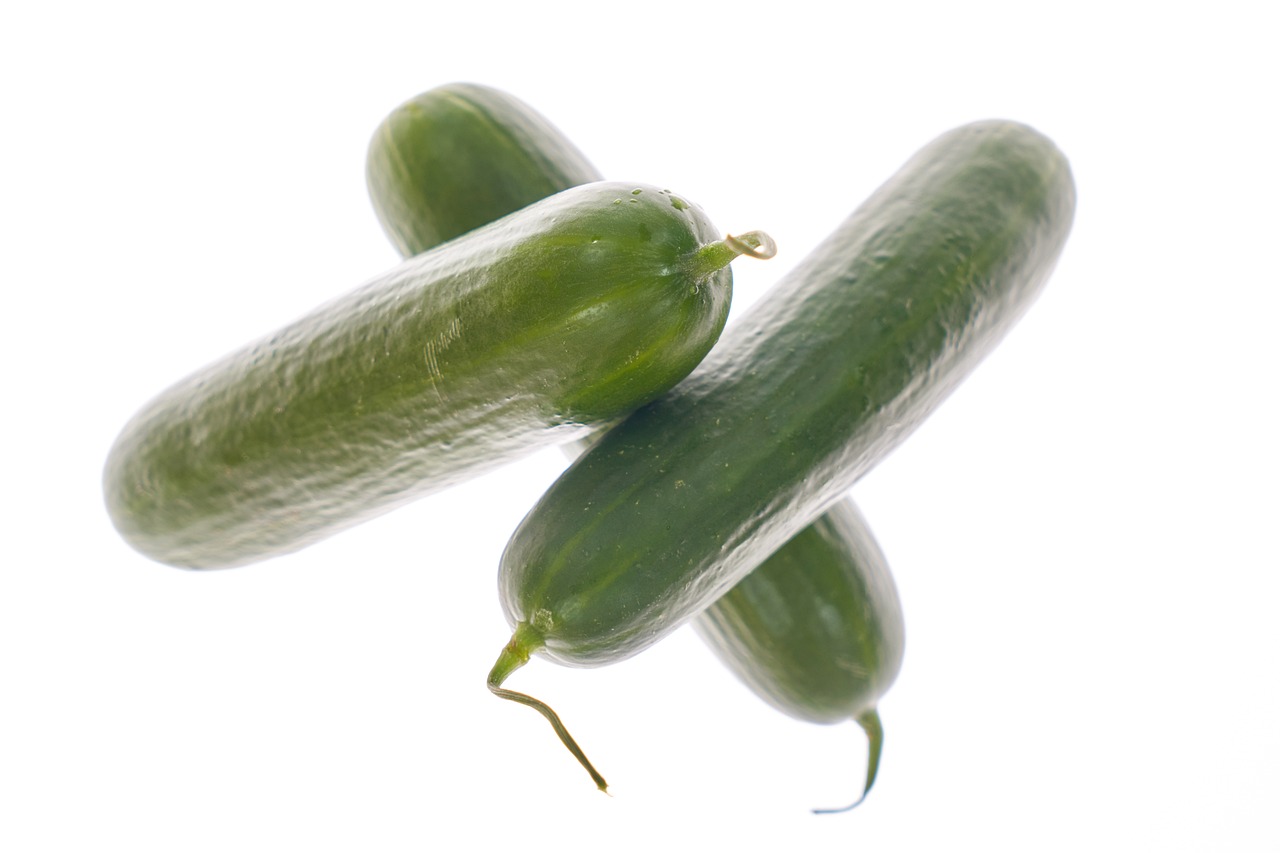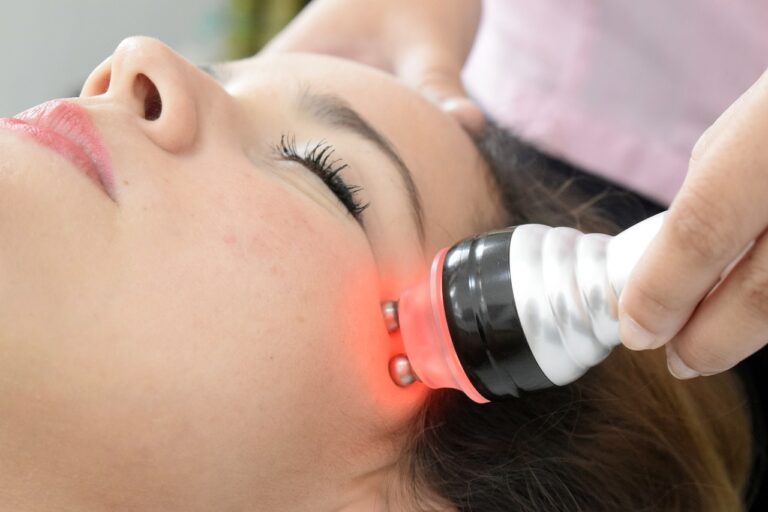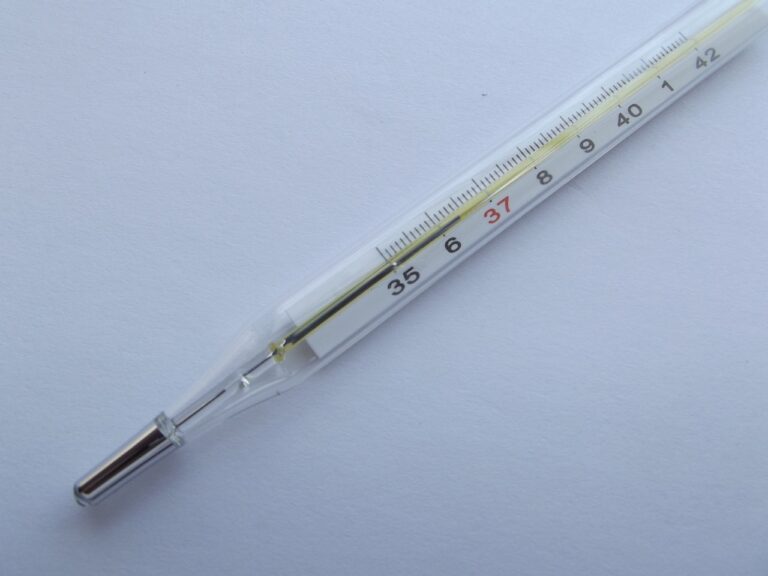The Role of Diet in Managing Crohn’s Disease
betbhai9 com sign up, radheexchange, lotus 365.io: Crohn’s disease is a chronic inflammatory condition that affects the gastrointestinal tract. Symptoms include abdominal pain, diarrhea, fatigue, and weight loss. While there is no cure for Crohn’s disease, managing symptoms and reducing inflammation can be achieved through a combination of medication, lifestyle changes, and diet.
The role of diet in managing Crohn’s disease is a topic of much debate and confusion. Many individuals with Crohn’s disease find that certain foods can trigger symptoms or exacerbate inflammation. However, there is no one-size-fits-all diet for everyone with Crohn’s disease. It’s essential to work closely with a healthcare provider or a registered dietitian to determine which dietary changes may be beneficial for you.
Here are some key points to consider when managing Crohn’s disease through diet:
1. Keep a food diary: One way to identify potential trigger foods is by keeping a food diary. Write down everything you eat and drink and how you feel after. This can help you and your healthcare provider identify patterns and make informed decisions about which foods to avoid.
2. Focus on nutrient-dense foods: Eating a balanced diet rich in nutrients is essential for overall health and well-being. Choose foods that are high in vitamins, minerals, and antioxidants, such as fruits, vegetables, whole grains, lean proteins, and healthy fats.
3. Avoid trigger foods: While trigger foods can vary from person to person, some common culprits include dairy products, high-fat foods, spicy foods, caffeine, and alcohol. Pay attention to how your body reacts to different foods and eliminate those that seem to worsen your symptoms.
4. Consider a low-residue diet: A low-residue diet limits foods that are high in fiber, such as raw fruits and vegetables, whole grains, and nuts. This can help reduce the frequency and severity of bowel movements, which can be beneficial during flare-ups.
5. Stay hydrated: Drinking plenty of water is crucial for individuals with Crohn’s disease, especially during flare-ups when diarrhea can lead to dehydration. Aim to drink at least eight glasses of water a day and limit your intake of sugary or caffeinated beverages.
6. Experiment with supplements: Some individuals with Crohn’s disease may benefit from taking certain supplements, such as probiotics, omega-3 fatty acids, vitamin D, or iron. Talk to your healthcare provider before starting any new supplements to ensure they won’t interfere with your current treatment plan.
In conclusion, the role of diet in managing Crohn’s disease is complex and individualized. While there is no one-size-fits-all approach, making informed dietary choices and working closely with your healthcare provider can help you better control your symptoms and improve your quality of life.
—
FAQs
Q: Is there a specific diet that can cure Crohn’s disease?
A: There is no cure for Crohn’s disease, and no specific diet has been proven to cure the condition. However, making dietary changes can help manage symptoms and reduce inflammation.
Q: Can I still enjoy my favorite foods while managing Crohn’s disease?
A: While some foods may need to be limited or avoided, many individuals with Crohn’s disease can still enjoy a wide variety of foods. Working with a healthcare provider or a registered dietitian can help you find a balance that works for you.
Q: Are there any foods that are universally bad for individuals with Crohn’s disease?
A: Trigger foods can vary from person to person, so there is no one-size-fits-all list of foods to avoid. However, some common triggers include dairy products, high-fat foods, spicy foods, caffeine, and alcohol. Keep a food diary to identify your personal triggers.







